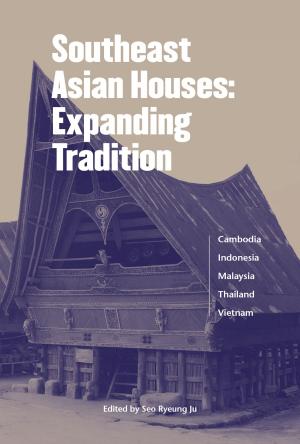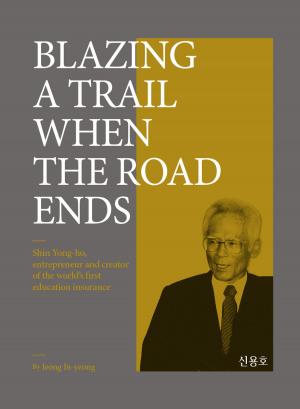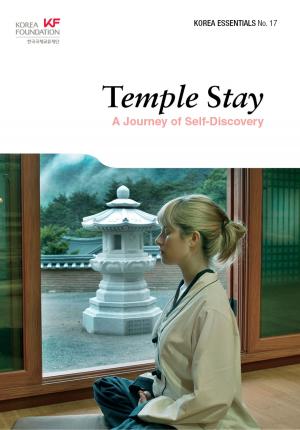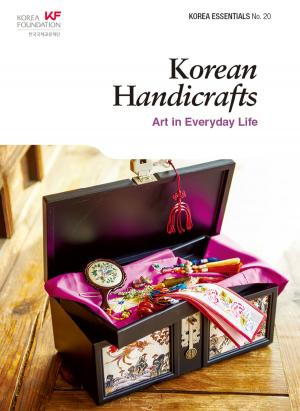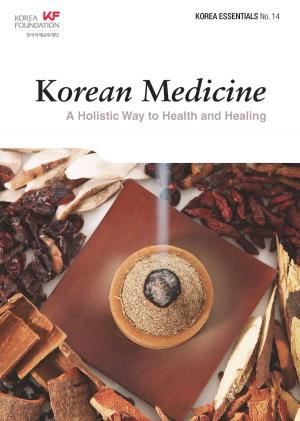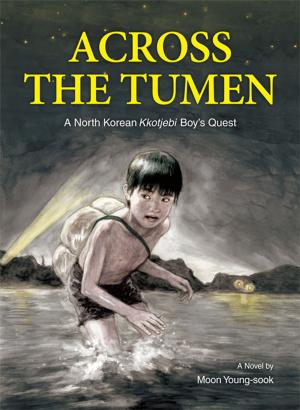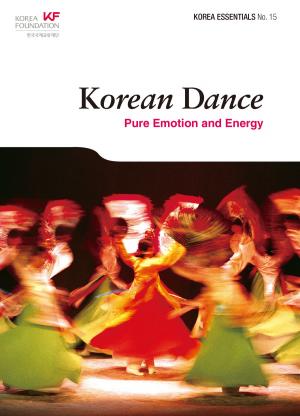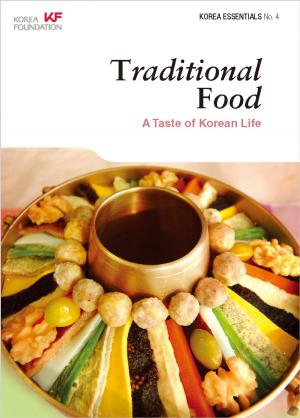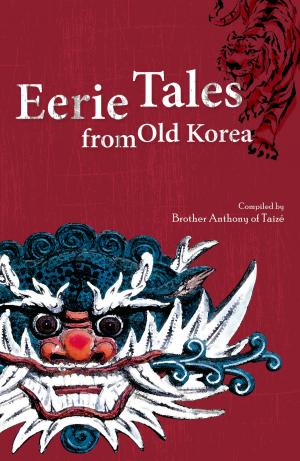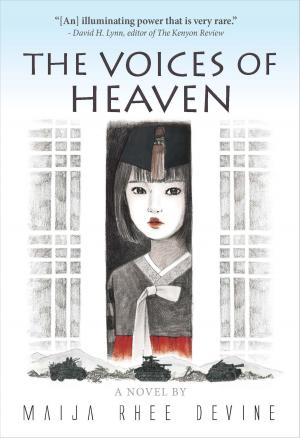Korea’s Historic Clans
Family Traditions of the Jongga
Nonfiction, Social & Cultural Studies, Social Science, Sociology, Marriage & Family| Author: | Lee Yeonja, Kim Mira | ISBN: | 9781624120596 |
| Publisher: | Seoul Selection | Publication: | January 18, 2016 |
| Imprint: | Language: | English |
| Author: | Lee Yeonja, Kim Mira |
| ISBN: | 9781624120596 |
| Publisher: | Seoul Selection |
| Publication: | January 18, 2016 |
| Imprint: | |
| Language: | English |
A jongga is a family that can trace its line of progenitors back to a single distinguished ancestor. The eldest living son of this main lineage is the jongson, and his wife is the jongbu. This couple is charged with performing numerous ancestral rites and entertaining the numerous guests that
visit the jongga. Many families have preserved this tradition even through the turbulence of Korean modern history and the prevalence of nuclear family culture brought on by industrialization.
There is more to jongga culture than the bloodline alone. It is an emotional haven and a spiritual compass, providing an identity not only for the members of the family but for the Korean people as a whole. Reviewing the history of jongga culture and examining what it is today can teach a person things about the Korean spirit and culture that often elude the eye.
A jongga is a family that can trace its line of progenitors back to a single distinguished ancestor. The eldest living son of this main lineage is the jongson, and his wife is the jongbu. This couple is charged with performing numerous ancestral rites and entertaining the numerous guests that
visit the jongga. Many families have preserved this tradition even through the turbulence of Korean modern history and the prevalence of nuclear family culture brought on by industrialization.
There is more to jongga culture than the bloodline alone. It is an emotional haven and a spiritual compass, providing an identity not only for the members of the family but for the Korean people as a whole. Reviewing the history of jongga culture and examining what it is today can teach a person things about the Korean spirit and culture that often elude the eye.


